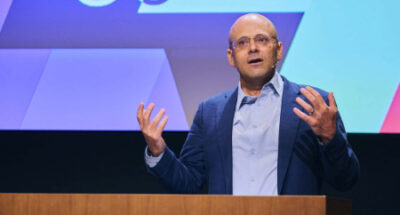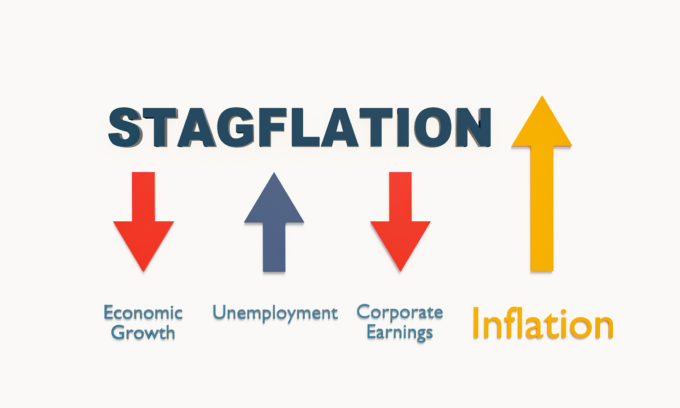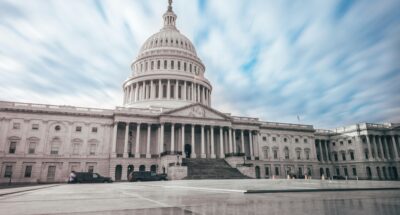Designing competitive tax systems
Corporations are likely to face higher taxes in the coming year as governments wind back pandemic stimulus and start moving to strengthen the public finances, just as companies emerge from lockdown, hitting their ability to invest and employ.
In the UK, business leaders have warned that plans for raising taxes for the corporate sector from 19% to 25% could have serious consequences for growth and investment and lower Britain’s economic competitiveness. There are calls instead for tax policies to encourage companies to invest and support access to skilled workers.
In the US, the Biden administration plans to raise corporation tax from 21% to 26.5% or higher. Business leaders have warned this would hit their ability to hire and conduct research and development innovation. The question is how to ensure companies pay their fair share of tax while encouraging them to make investments that ultimately boost productivity and real wages.
Corporate taxes are a double-edged sword, says Arturo Bris, Professor of Finance at IMD. While they are necessary to ensure public spending on healthcare, education, and infrastructure, they also deter companies from making value-increasing investments.
“The balance is found when governments are efficient and transparent in the use of public funds, and when corporations pay a fair share,” he says. Bris points out that salaries are tax deductible for companies, along with other corporate investments, but to a much lesser extent.
He adds that governments must ensure tax codes are simple and remove uncertainties and room for manipulation. “Taxes are not a social responsibility, but an obligation,” says Bris.












 Audio available
Audio available